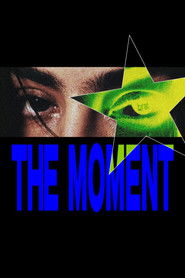
Dbejte na své tělo
Addiction can indeed be a devastating force, especially when it clouds the mind of someone you care about. It often erodes mental clarity, emotional stability, and the ability to make sound decisions, turning what might once have been a vibrant, purposeful life into a struggle for control. Recognizing the signs early—such as heightened anxiety, mood swings, withdrawal from loved ones, or an obsessive focus on the substance—can be a crucial step toward intervening before the damage becomes deeper. If you or someone you know is grappling with addiction, consider these steps: 1. **Seek Professional Help** – Counselors, therapists, and addiction specialists can offer evidence‑based treatments, ranging from cognitive‑behavioral therapy to medication‑assisted approaches. 2. **Build a Support Network** – Friends, family, and peer‑support groups (e.g., 12‑step meetings, SMART Recovery) provide accountability and emotional encouragement. 3. **Create a Structured Environment** – Establishing routines, setting clear boundaries, and removing triggers can reduce the temptation to relapse. 4. **Prioritize Physical Health** – Regular exercise, balanced nutrition, and adequate sleep help restore brain chemistry and improve resilience. 5. **Stay Informed** – Understanding how addiction affects the brain can demystify cravings and reduce self‑blame. Remember, recovery is often a non‑linear journey—setbacks can happen, but they don’t erase progress. Encouraging a compassionate, patient approach and connecting with qualified professionals greatly increases the chances of regaining mental stability and reclaiming a fulfilling life. If you need more specific resources or guidance, feel free to let me know.








